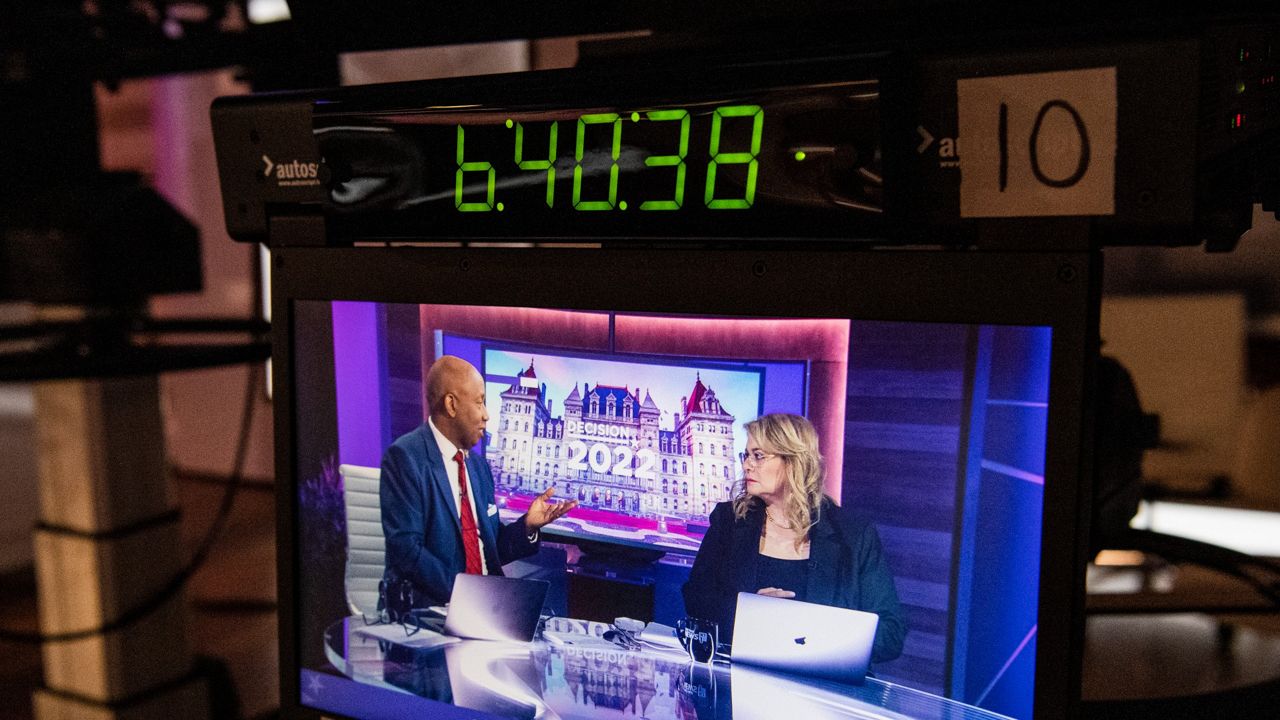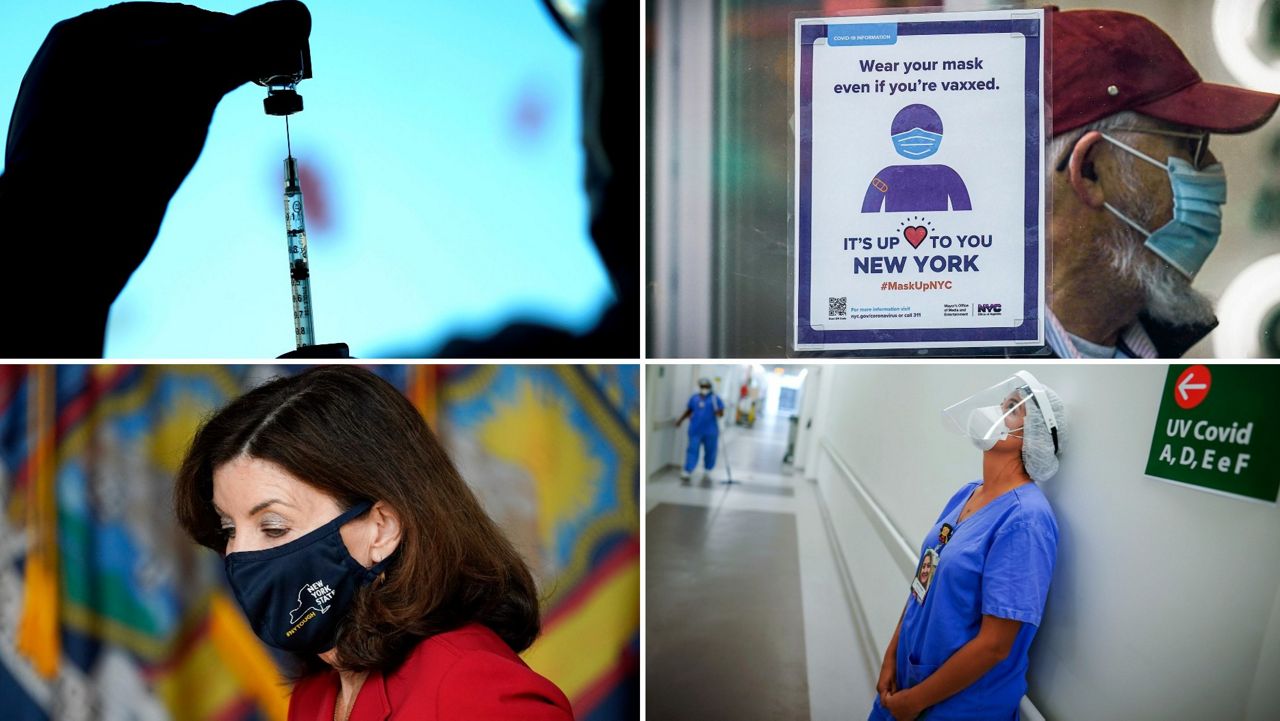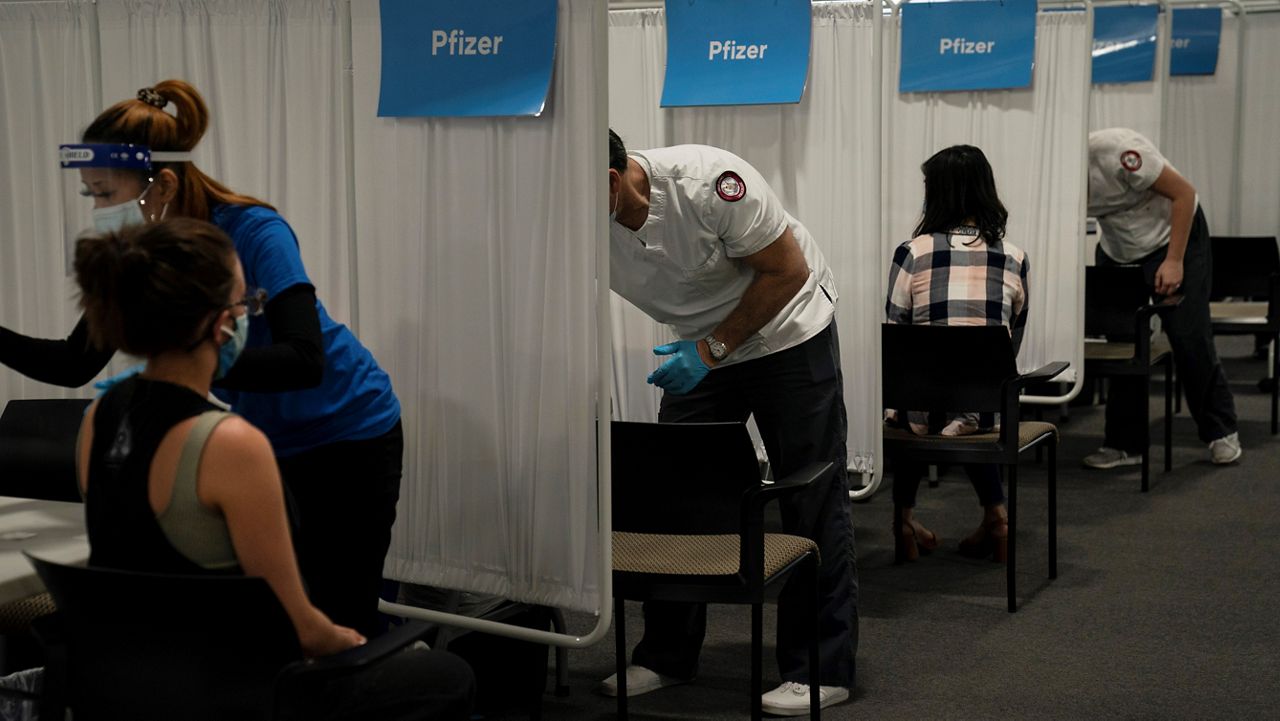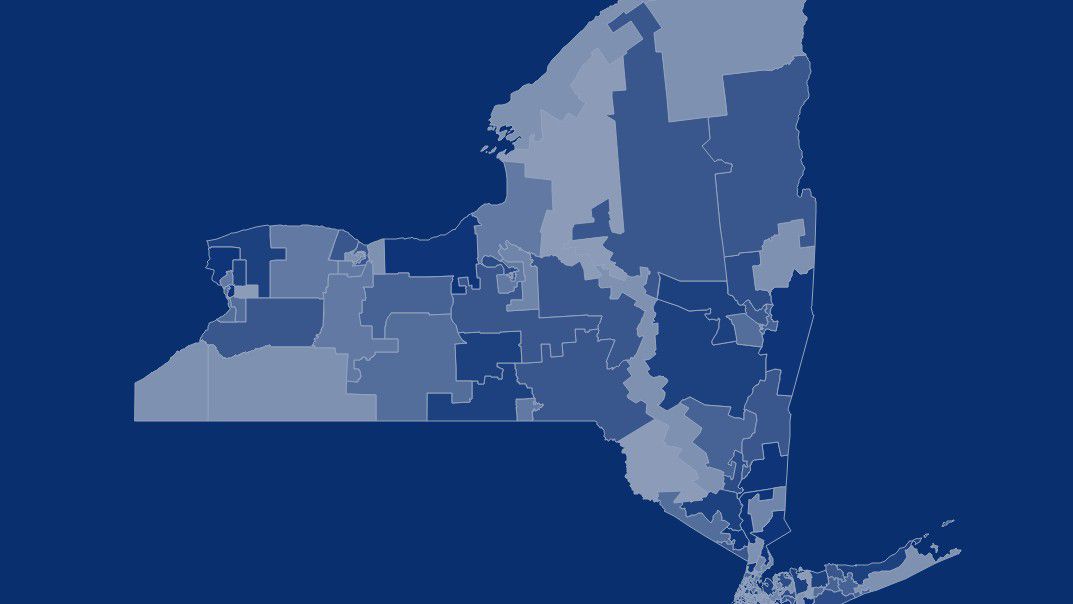Republican Senator Jim Tedisco and Democrat Assemblyman Angelo Santabarbra are now both raising the alarm in a bipartisan effort to halt or at least slow the new bail reform bill set to go into effect this next year.
This new bail reform law that will go into effect in January would allow for people who are accused of non-violent felonies and misdemeanors, to be allowed out of jail without having to pay bail. But this would include crimes such as stalking, burglary, terrorist threats, possessing a weapon on school grounds and more.
“If you are arrested for stalking and put right back out on the street,” said Santabarbra. “I believe that poses a danger to the public and the person.”
Since bail is believed to be a motivator for someone to appear at their court date after being arrested, law enforcement groups say they do not have the resources to keep track and find the people who not appear for court.
“If people don’t return most of the time, most of the time, we cannot take officers or resources to go find people wherever they ended up,” said Santabarbra.
Both lawmakers agree that bail reform is needed, but the current law goes too far. The new bipartisan bill being proposed Monday would give courts the option of looking back at someone’s criminal history before releasing them from jail without bail.
“If there are violent felons involved and violent arrests, felony arrests are the most serious of the crimes, we think they should have the opportunity to have discretion,” said Tedisco.
Jamaica Miles from Citizen Action of New York blasted lawmakers at the press conference saying that the new bill set to take place is a long awaited success for state residents.
“They’ve made changes to something that never should have been considered violent in the first place,” said Miles.
She and others have said that bail places lower and middle income individuals at a disadvantage.
“It was something that people from across New York State for years have been calling for,” said Miles.
Senator Tedisco also has a bill right now that would place a hold on the bail reform law going into effect January, for a year so lawmakers can hear more testimony from individuals and law enforcement around the state.










